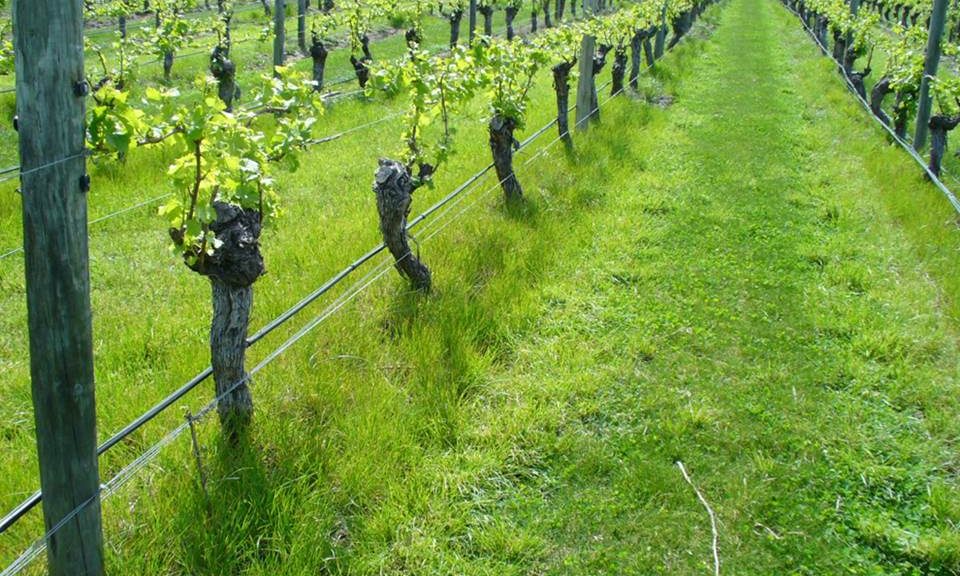 LandWISE Precision Agronomist, Luke Posthuma has lead our Future Proofing Vegetable Production project since arriving in 2019. He established and owns GrowMaps, a precision mapping company and has a passion for farming and horticulture.
LandWISE Precision Agronomist, Luke Posthuma has lead our Future Proofing Vegetable Production project since arriving in 2019. He established and owns GrowMaps, a precision mapping company and has a passion for farming and horticulture.
Through the SFF Future Proofing Vegetable Production project, we have seen time and again that fertiliser savings can be made by applying the right rate of nitrogen fertiliser based on cropping goals and soil test values.
Last summer’s sweetcorn trials demonstrated that there was little value in switching to more ‘efficient’ forms of nitrogen where the application rate is already higher than required. Following on from last year’s work, this summer we set up 12 sweetcorn and 6 field tomato split-paddock trials in Gisborne and Hawke’s Bay to test two grower tools. We compared current grower fertiliser practice with a side-dressing rate determined using either the FAR Nitrate Quick Test Calculator or the HortNZ Nutrient Management Guidelines for Vegetable Crops.
Using the grower’s expected yield for a given planting, a pre-plant soil test with a potentially available N result and a Nitrate Quick test soil test collected to 90cm just prior to side-dressing, we found growers could often* (please note – not always) get away with significantly less nitrogen than they expected to apply.
For growers facing continued environmental pressure, soil testing is a tool that can be used to justify nutrient applications. A nitrate quick test costs less than $2 plus the time taken to collect the soil sample. The Nitrate Quick Test will show whether more or less fertiliser is required, and if your current fertiliser plan is about correct.
Taking soil tests at harvest, we found that by using less nitrogen at side-dressing, we had also reduced the nitrogen in the soil profile at harvest. Minimising excess nitrogen left in the soil after harvest will reduce over-winter nitrogen leaching from a cropping paddock.

We want to apply sufficient nitrogen to maximise crop yield without leaving significant quantities in the soil after the crop is harvested. Following good practice means applying the right rate of fertiliser for each of your crops. The right rate will vary based on the soil test results and your expected yields.
Listen to a Summary Sound Clip here:
Audio Player


 In this
In this 



 Katherine Tozer, another senior scientist at AgResearch is working on tools and practices to improve non-chemical weed management. A key area of her research is pasture fallow, a practice where certain paddocks or parts of the farm are set aside to reduce weed establishment from overgrazing.
Katherine Tozer, another senior scientist at AgResearch is working on tools and practices to improve non-chemical weed management. A key area of her research is pasture fallow, a practice where certain paddocks or parts of the farm are set aside to reduce weed establishment from overgrazing.

 The
The 





